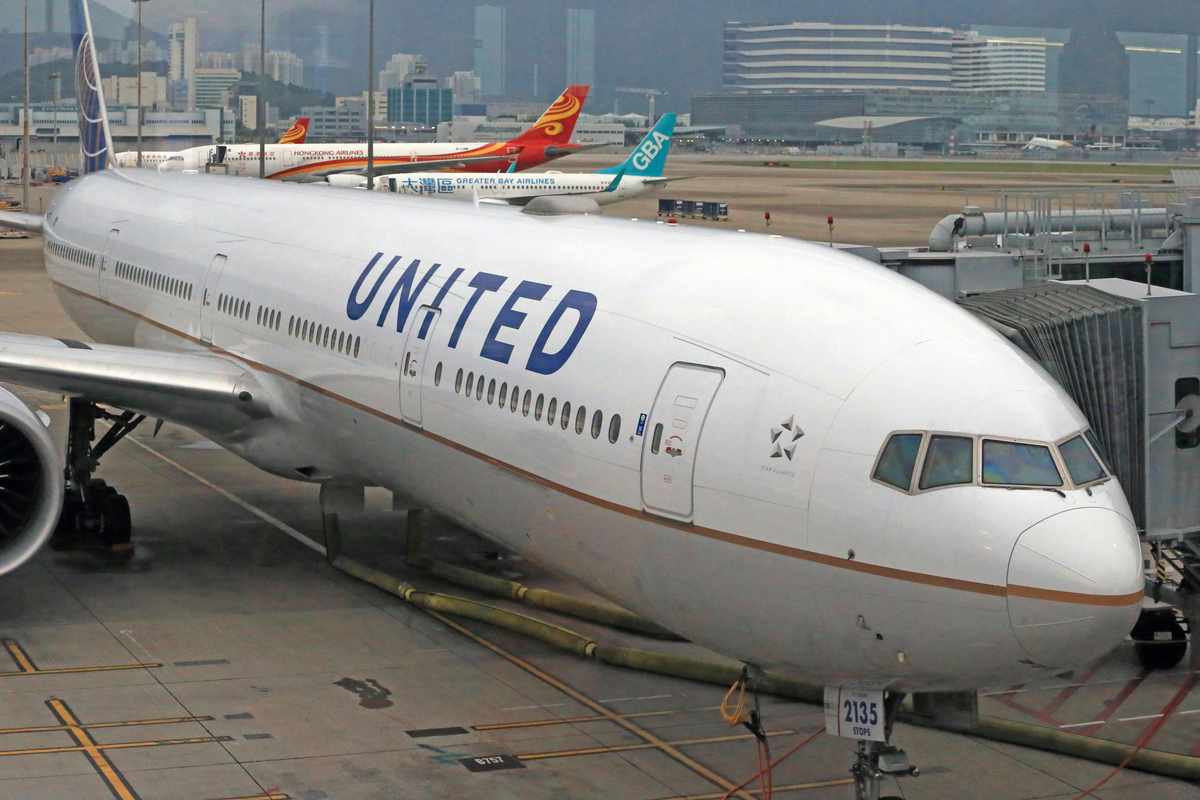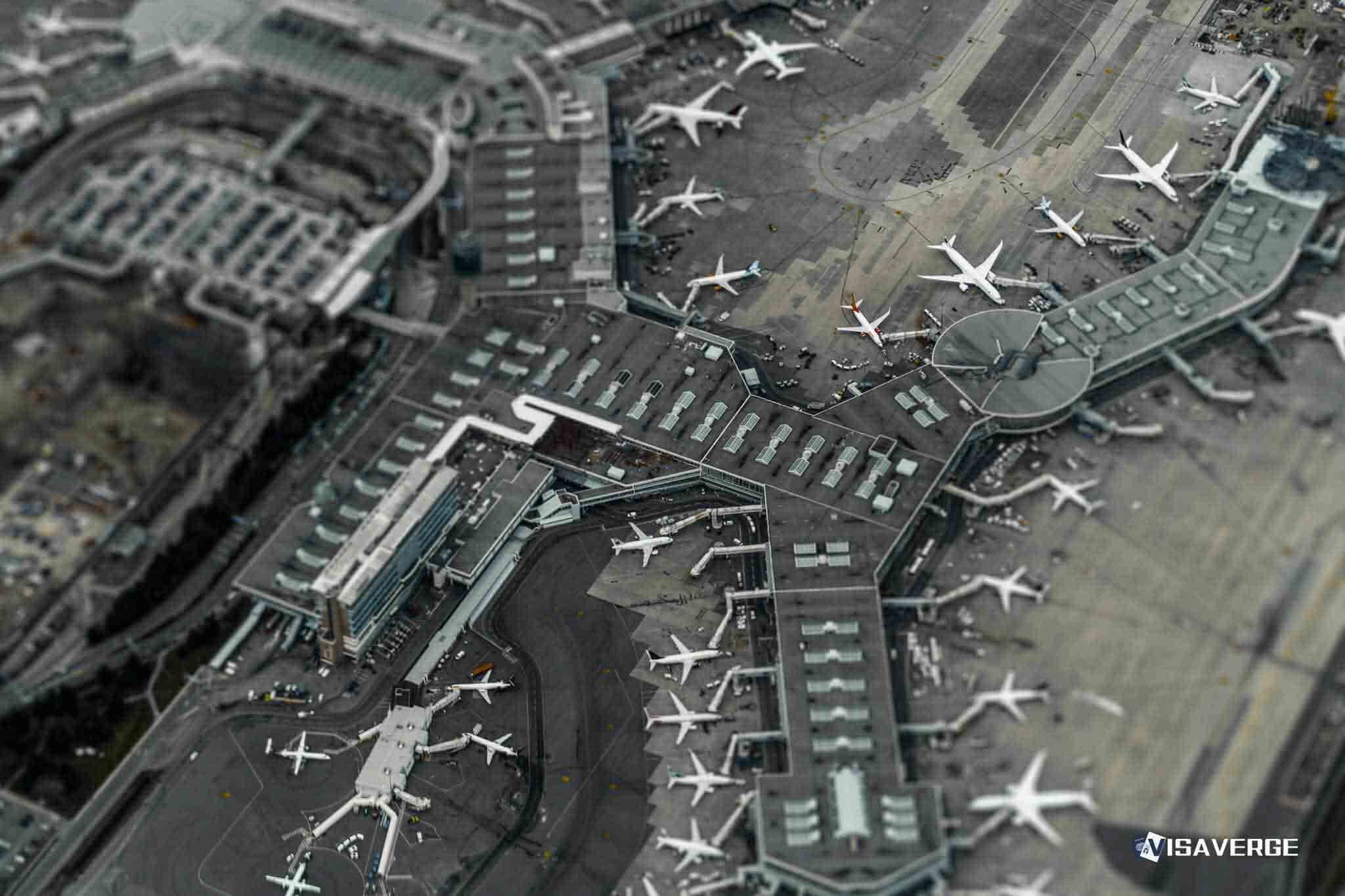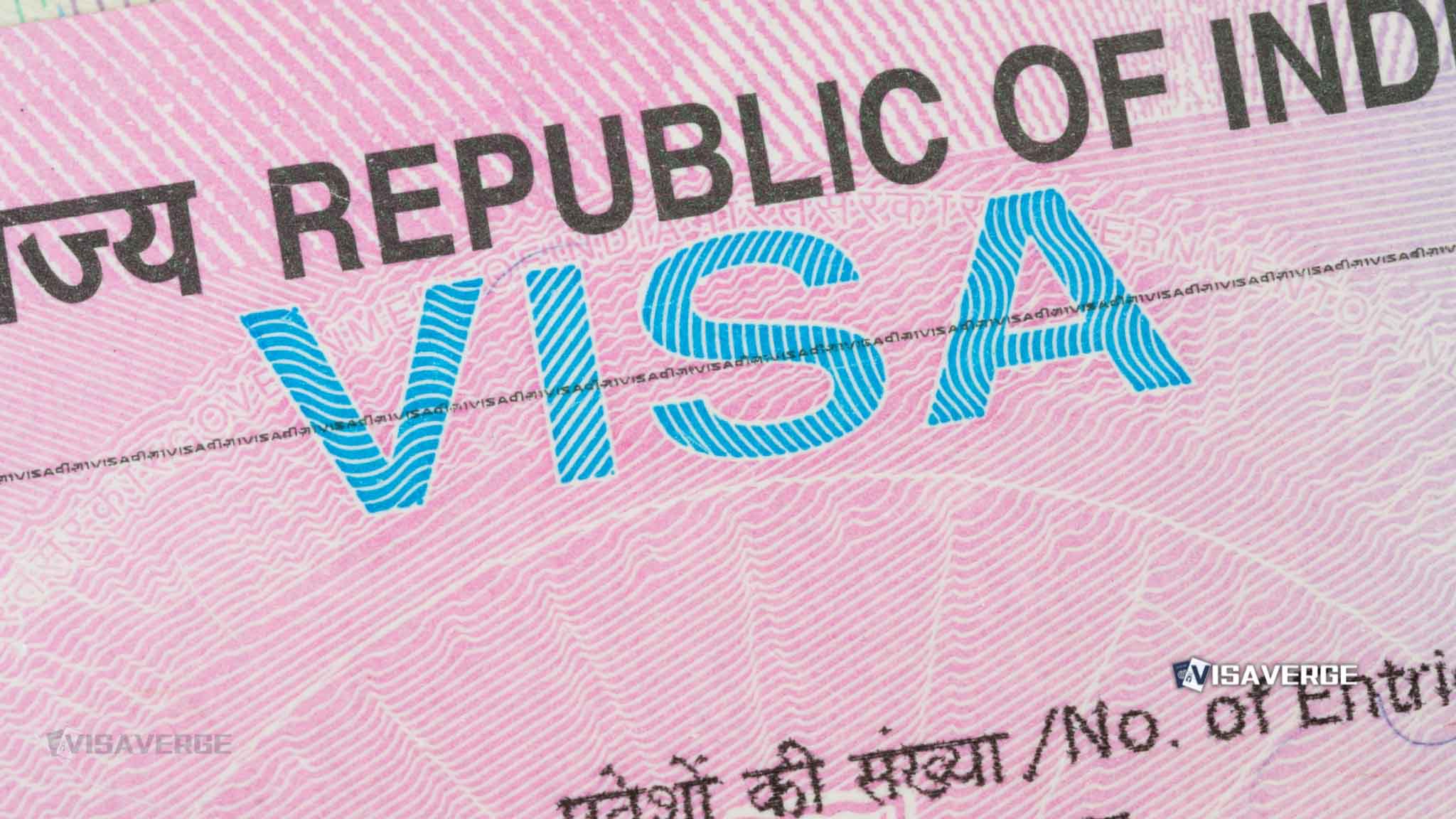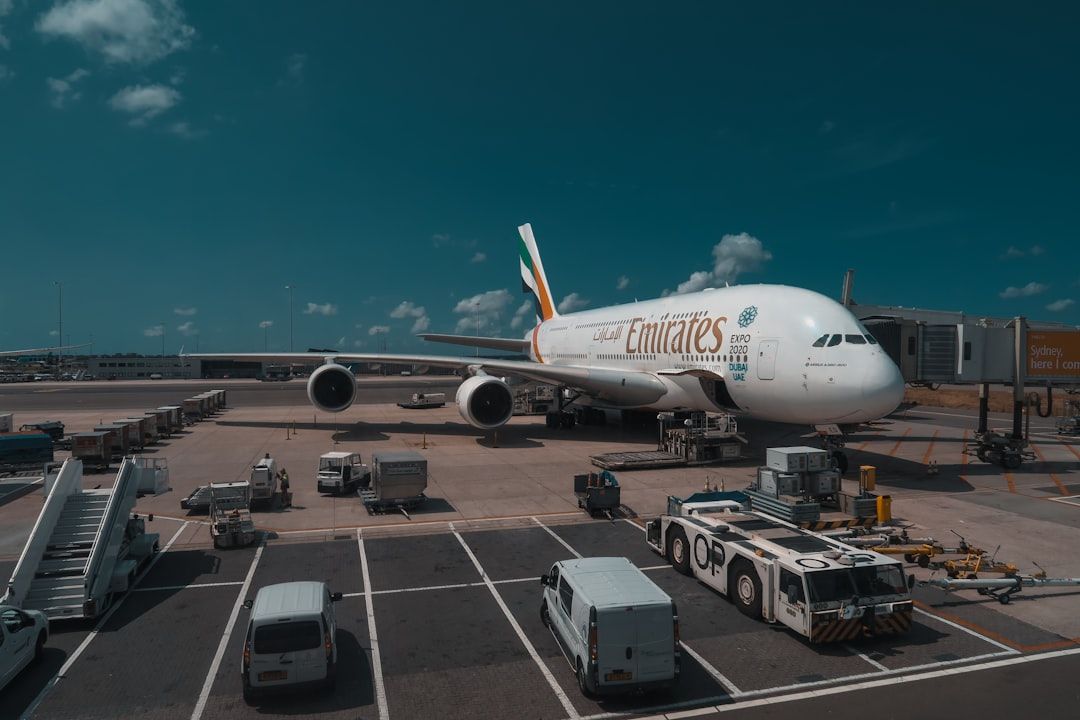Key Takeaways
• Moshannon Valley holds 1,309 detainees, highest since opening, nearing 1,876-bed capacity as of June 2025.
• Delaney Hall reopened May 2025 with 1,000 beds; currently holds 152 detainees, expected to rise rapidly.
• ICE detention nationwide rose from 39,000 in January to over 51,000 in June 2025 amid expanded enforcement.
As of June 30, 2025, the number of people held in Pennsylvania and New Jersey pending deportation hearings has reached its highest point in over a decade. This sharp increase is tied to a wave of new immigration enforcement actions and the expansion of detention centers under President Trump’s administration. The Moshannon Valley Processing Center in Pennsylvania and Delaney Hall in New Jersey have become the main hubs for holding people awaiting decisions on their immigration status. This article explains what’s happening, why it matters, and what it means for immigrants, families, local communities, and the broader immigration system.
Record-High Detention Numbers in Pennsylvania and New Jersey
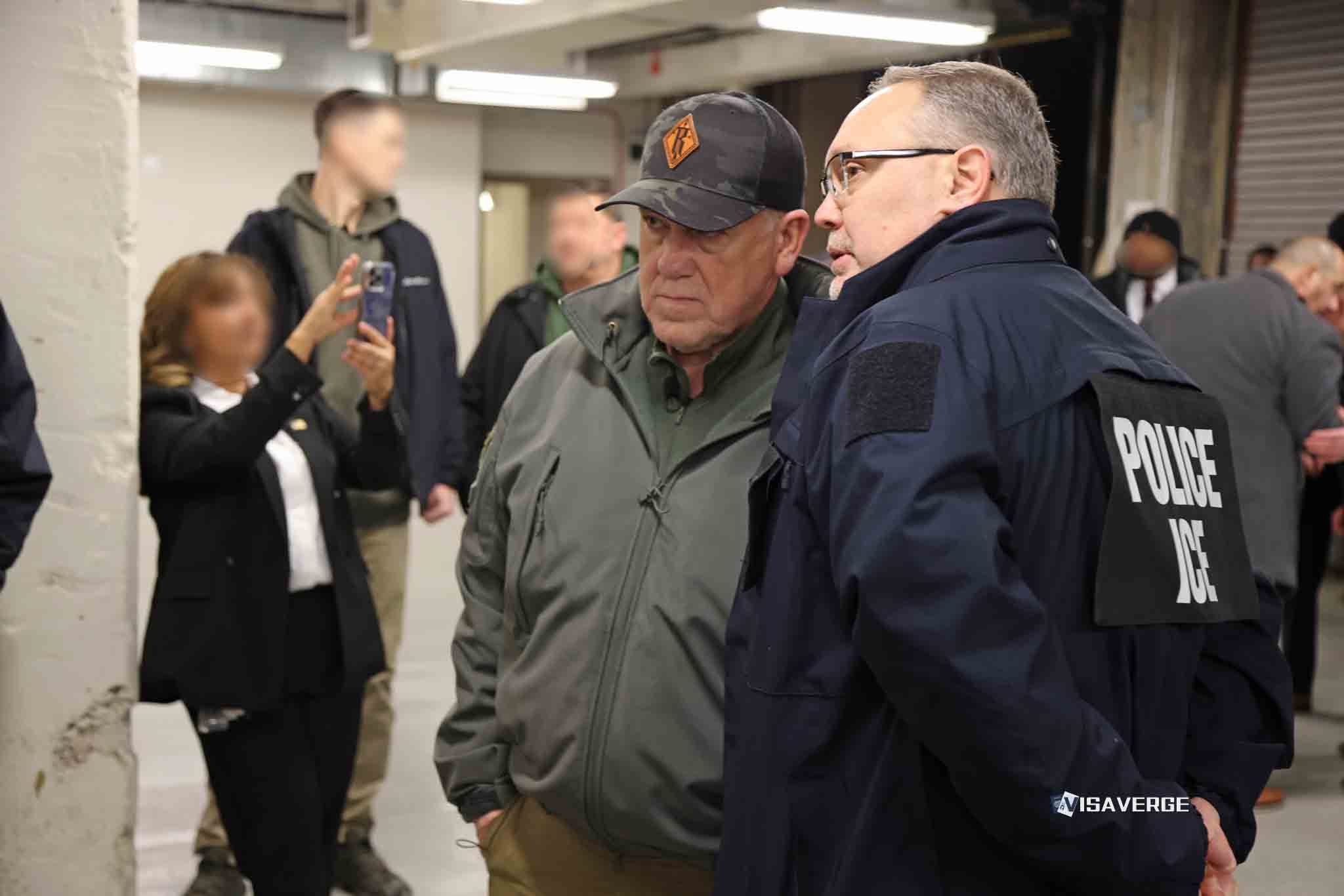
The Moshannon Valley Processing Center in Clearfield County, Pennsylvania, now holds more people than ever before. As of late June 2025, the average daily population at Moshannon reached 1,309 detainees, the highest since the facility opened. This center is the largest federal immigration detention facility in the Northeast outside the southern United States 🇺🇸. With a total capacity of 1,876 beds, Moshannon is now operating close to its limit.
In New Jersey, the Delaney Hall Facility in Newark reopened on May 1, 2025, after a $1 billion, 15-year contract between U.S. Immigration and Customs Enforcement (ICE) and the private company GEO Group. This added 1,000 beds to the region’s detention capacity. By mid-May, Delaney Hall held 152 detainees, only 15% of its full capacity, but ICE officials expect this number to rise quickly as enforcement actions continue.
Across the United States 🇺🇸, the number of people held in immigration detention has jumped from just over 39,000 in January 2025 to more than 51,000 in June 2025. This is a much faster increase than what was seen under the previous administration.
Why Are Detention Numbers Rising?
The main reason for the surge is a change in immigration policy. Since January 2025, President Trump’s administration has made mass arrests and quick removals a top priority. This has reversed earlier limits on detention and led to new contracts with private prison companies like GEO Group. The administration’s focus is on arresting and removing as many undocumented immigrants as possible, especially those labeled as “criminal aliens.”
Key factors driving the increase:
– Expanded enforcement: ICE has stepped up arrests in communities across Pennsylvania and New Jersey. For example, in recent weeks, ICE arrested nearly 20 people in Norristown and detained 17 workers in Bethlehem, with most sent to the Moshannon Valley Processing Center.
– More detention space: The reopening of Delaney Hall and the expansion of Moshannon Valley have created hundreds of new beds for detainees.
– Private contracts: The GEO Group now operates 20 ICE detention facilities nationwide, with over 22,000 beds dedicated to immigration detention.
How the Detention Process Works
When ICE arrests someone in Pennsylvania or New Jersey, that person is usually transferred to either the Moshannon Valley Processing Center or Delaney Hall. Here’s what typically happens:
- Arrest: ICE officers arrest individuals during workplace raids, traffic stops, or targeted operations.
- Transfer: Detainees are moved to a detention facility, often far from their homes and families.
- Processing: At the facility, detainees are processed and assigned to beds while they wait for their deportation hearings.
- Deportation Hearings: These are legal proceedings where an immigration judge decides if the person can stay in the United States 🇺🇸 or must be removed.
Most people held in these centers are waiting for their court dates, which can take weeks or even months to arrive. During this time, they remain in detention, separated from their families and communities.
The Role of Private Companies
Both the Moshannon Valley Processing Center and Delaney Hall are run by the GEO Group, a private prison company. ICE pays GEO Group millions of dollars each year to operate these facilities. The new contract for Delaney Hall alone is worth $1 billion over 15 years.
Private companies like GEO Group benefit financially from the expansion of detention. The more people ICE detains, the more money these companies make. This has led to criticism from local officials and advocacy groups, who argue that profit should not be the main goal when it comes to people’s lives and freedom.
Local and Political Reactions
The rapid growth of detention centers has sparked strong reactions from local leaders and community members. In Newark, Mayor Ras Baraka was arrested during a visit to Delaney Hall in May 2025. He and other officials have raised concerns about:
- Oversight: Questions about who is watching over these private facilities to make sure detainees are treated fairly.
- Permitting: Disputes over whether the facility has the right permits to operate.
- Community impact: Worries about how large detention centers affect local neighborhoods and families.
Advocacy groups and legal experts are also sounding the alarm about conditions inside the centers. They warn that overcrowding, solitary confinement, lack of medical care, and poor language access are getting worse as more people are detained.
Civil Rights and Conditions in Detention
As the number of detainees grows, so do concerns about their treatment. Reports from advocacy groups and legal clinics describe serious problems at facilities like Moshannon Valley Processing Center:
- Solitary confinement: Some detainees are kept alone in small cells for long periods, which can harm their mental health.
- Medical care: Many detainees struggle to get the medical attention they need, especially for chronic illnesses or mental health issues.
- Language barriers: People who do not speak English well often have trouble understanding their rights or communicating with staff.
These issues are not new, but the recent surge in detainees has made them worse. With more people in the system, it becomes harder to provide safe and humane conditions for everyone.
Legal and Political Battles
The expansion of detention centers has led to lawsuits and protests. Local governments and advocacy organizations are challenging the legality of the new contracts and demanding better oversight. Some of the main legal and political issues include:
- Facility permitting: Lawsuits argue that some centers do not have the proper permits to operate.
- Detainee rights: Legal challenges focus on whether detainees are being treated fairly and given access to lawyers and medical care.
- Role of private companies: Critics question whether it is right for private companies to profit from detaining immigrants.
These battles are ongoing, and court decisions in the coming months could change how detention centers operate.
The Bigger Picture: National Trends and Regional Impact
The situation in Pennsylvania and New Jersey reflects a larger trend across the United States 🇺🇸. ICE detention numbers have been rising since 2021, but the jump in 2025 is the sharpest in years. At the end of President Biden’s administration in January 2025, ICE was already detaining 39,703 adults nationwide—the highest in four years. By June 2025, this number had soared to over 51,000.
The Moshannon Valley Processing Center and Delaney Hall are now central to ICE’s strategy in the Northeast. By concentrating detainees in large, privately run facilities, ICE can process more people quickly and move them closer to major airports for removal from the country.
What Does This Mean for Immigrants and Their Families?
For immigrants and their loved ones, these changes bring fear and uncertainty. Being detained means being separated from family, losing jobs, and facing the risk of deportation. Many detainees have lived in the United States 🇺🇸 for years, have children who are U.S. citizens, or are seeking asylum from dangerous conditions in their home countries.
Key impacts on individuals and families:
– Separation: Families are often split apart, with parents, spouses, or children held in detention far from home.
– Legal challenges: Detainees may have trouble finding lawyers or understanding their rights, especially if they do not speak English.
– Emotional stress: The fear of deportation and the stress of detention can take a heavy toll on mental health.
Implications for Local Communities
The growth of detention centers also affects local communities in Pennsylvania and New Jersey. Some residents worry about safety and the use of public resources, while others are concerned about the impact on immigrant families and the local economy.
Local officials, like Mayor Baraka in Newark, have called for more oversight and transparency. They want to make sure that detention centers follow the law and respect the rights of everyone inside.
What’s Next? Future Outlook and Pending Changes
ICE officials expect the number of detainees at Delaney Hall and Moshannon Valley Processing Center to keep rising as enforcement actions continue. Local governments and advocacy groups are fighting back in court, and the outcome of these legal battles could lead to changes in how detention centers operate.
The situation remains uncertain. New executive actions, laws, or court rulings could change detention practices in the coming months. For now, the trend is clear: more people are being held in detention centers while they wait for their deportation hearings.
Practical Guidance for Those Affected
If you or someone you know is facing detention or deportation in Pennsylvania or New Jersey, here are some steps you can take:
- Know your rights: Everyone has the right to a lawyer and to a fair hearing. If you cannot afford a lawyer, ask for help from legal aid organizations.
- Contact advocacy groups: Groups like the American Immigration Council, ACLU National Prison Project, and University of Pennsylvania Transnational Legal Clinic can provide support and information.
- Stay informed: Keep up with the latest news and policy changes. The official ICE website (ice.gov) offers updates on detention centers and procedures.
- Prepare for hearings: Make sure you have all necessary documents and understand the process for deportation hearings. If you need to find the right forms or information about your case, visit the official ICE Detention Facility Locator.
Conclusion: A Region at the Center of Immigration Enforcement
As reported by VisaVerge.com, Pennsylvania and New Jersey are now at the heart of the United States 🇺🇸 immigration detention system. The Moshannon Valley Processing Center and Delaney Hall have become key sites for holding people awaiting deportation hearings, reflecting a broader shift toward more aggressive enforcement and expanded use of private detention centers.
This surge in detention raises important questions about civil rights, the role of private companies, and the impact on families and communities. As legal and political battles continue, the future of immigration detention in the region—and across the country—remains uncertain.
For immigrants, families, and advocates, staying informed and seeking support is more important than ever. The coming months will be critical in shaping how the United States 🇺🇸 handles immigration enforcement and the rights of those caught in the system.
Learn Today
Moshannon Valley Processing Center → A federal immigration detention facility in Pennsylvania holding detainees awaiting deportation hearings.
Delaney Hall → A large detention center in Newark, New Jersey, reopened in 2025 to expand ICE’s detention capacity.
ICE → U.S. Immigration and Customs Enforcement agency responsible for immigration enforcement and detainee management.
Deportation hearings → Legal proceedings where immigration judges decide an individual’s immigration status and possible removal.
GEO Group → Private company contracted by ICE to operate immigration detention centers nationwide, profiting from detainee populations.
This Article in a Nutshell
Detention centers in Pennsylvania and New Jersey reach record levels, driven by expanded ICE enforcement and private prison contracts. Moshannon Valley and Delaney Hall facilities are central to processing increasing detainees, raising concerns about civil rights, family separation, and local impact amid ongoing legal battles and policy shifts.
— By VisaVerge.com


